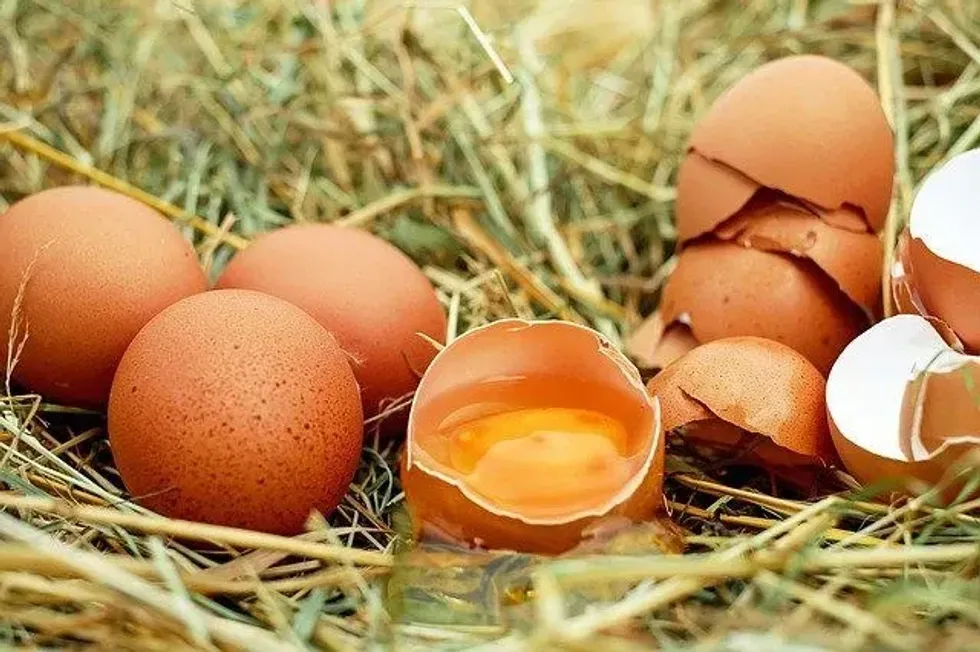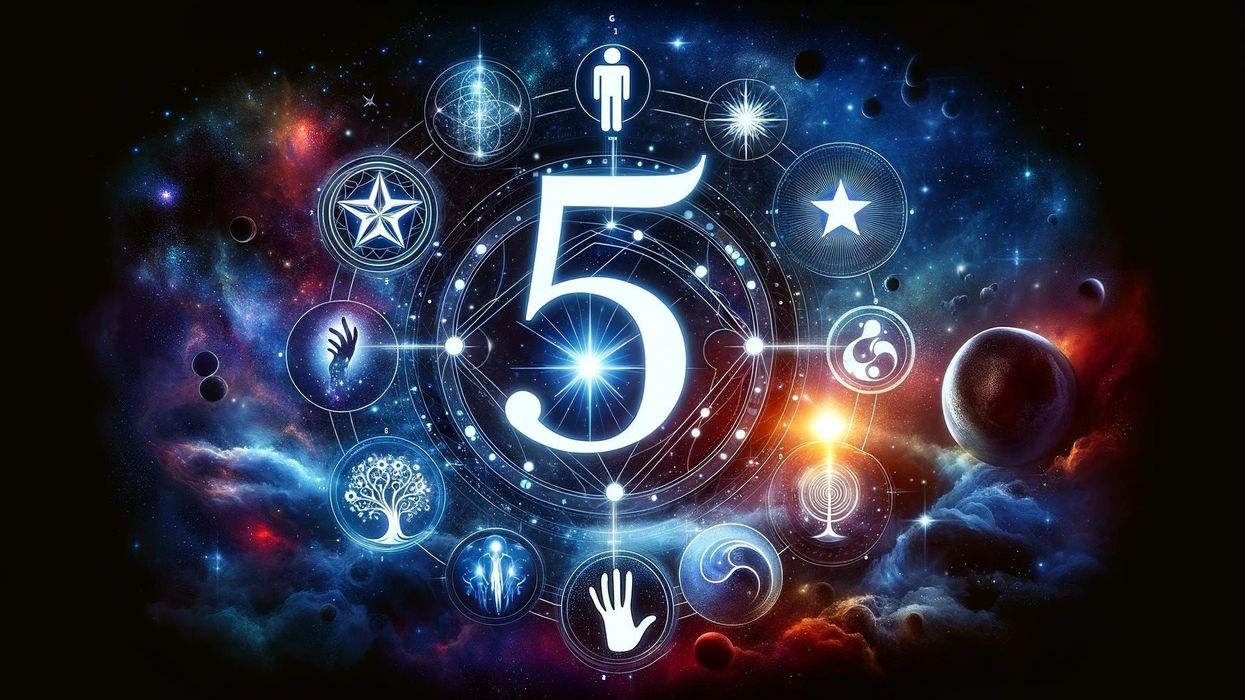Proteins, like carbohydrates and fats, are an essential nutrient and play an important in part in fuelling the human body and keeping it working well.
Like other nutrients, proteins are found in a broad range of foods which is why a varied and colorful diet is so important. However, information on protein can sometimes be a bit confusing and leave you wondering what exactly they are and how they work.
If you are looking for a good definition of proteins for kids then explaining that they are one of the three main nutrients present in food and that nutrients are substances that the human body needs in order to function is a great place to start.
This article aims to help you get an even better understanding of this important nutrient, however, which is why it is packed full of protein facts for kids.
If you are interested in learning more about science, nutrition and the human body then be sure to take a look at our cell membrane facts and our milk facts as well.
Important Facts About Protein
These important facts about proteins are sure to help you understand what they are, what they are made of and why they play such an important role in our diets.
1. Like carbohydrates and fats, protein is a macronutrient which means it provides calories or energy.
2. A gram of protein provides four calories. Carbohydrates provide the same amount but fat provides nine calories per gram.
3. Proteins are made of molecules called amino acids. A great amino acids definition for kids is that they are the building blocks of protein. There are different amino acids and they join together to create different types of protein.
4. There are nine essential amino acids required by the body that can be found in protein: histidine, isoleucine, leucine, lysine, methionine, phenylalanine, threonine, tryptophan, and valine.
5. There are two main sources of protein; those that come from animal products and those that are plant-based. Most animal proteins are referred to as complete proteins as they contain all nine essential amino acids whereas most plant proteins are considered to be incomplete as they are missing at least one of the essential amino acids.
6. Amino acids are joined together by peptide bonds to make long chains.
7. Every single cell in the human body contains protein which is why it is so important!
8. One of the main benefits of protein for the body is that it forms the building blocks for bones, muscles, cartilage and skin.
9. The amount of protein we need changes throughout our lifetime and elderly people will actually need more protein than younger adults.
10. Protein-rich foods tend to make people feel fuller for longer compared to fats or carbohydrates.
Interesting Facts About Protein

The science behind proteins is without a doubt fascinating, but we thought we'd delve into proteins a little bit more to find out some interesting protein facts which might surprise you.
11. The word protein is derived from the Greek word proteios, which means 'primary'.
12. Our hair is made from a protein called keratin. Keratin contains sulfur bonds and the more of these that there are, the curlier an individual's hair will be.
13. The World Health Organisation recommends that your daily protein intake should account for 10-15% of what you eat. This equates approximately 53 grams of protein per day for a teenage girl and 72 grams of protein for a teenage boy.
14. It has been believed for a long time, particularly by bodybuilders, that the perfect protein intake is one gram of protein per pound of body weight but this rule is now largely considered a myth.
15. Scientists recommend trying to eat two meals each week that contain red meat, two that contain fish and two that are meat-free to make sure your body gets all the protein that it needs.
16. The scientist Jöns Jacob Berzelius gave proteins their name but there have been many others that have studied proteins.
17. A protein can change from one shape to another as it performs its job in the body.
18. The lifespan of protein is only two days or less.
19. Humans cannot store proteins as they do with other nutrients so if you eat too much protein or don't get enough carbohydrates or fats it can be used as energy instead.
20. Low carbohydrate, high protein diets can cause weight loss as they cause your body to use stored fats for energy.
Proteins And The Human Body
If you've ever wondered what happens to protein once we gobble it down during breakfast, lunch and dinner, this information on proteins explores how it is used by our bodies and how it contributes to good health.
21. The human body has about 100,00 different types of protein.
22. The human body uses protein in order to grow, repair itself and carry out the chemical reactions needed for the body to function properly.
23. Once a protein source reaches your stomach, it is broken down into smaller amino acid chains by the hydrochloric acid in your stomach and an enzyme called protease.
24. The proteins in the body come in a variety of shapes and sizes.
25. Approximately 18-20% of body weight comes from protein.
26. Some proteins are used by the body to provide the cells and tissue with structure and rigidity.
27. Without a protein called Albumin, the human body would swell up.
28. Protein deficiency is when you do not eat enough protein to meet the amount that your body needs. The most severe form of protein deficiency is called kwashiorkor and its symptoms include fatigue, stunted body weight and a loss of muscle mass.
29. Eating too much protein can lead to weight gain, bad breath and constipation.
30. The body needs a range of vitamins, minerals and nutrients which is why a balanced diet is so important. If you were to only eat protein and nothing else, there would a risk that you would develop health problems due to a lack of things such as vitamin C.
Food Rich In Proteins

Now we know a little bit more about how proteins are used by the human body, we thought it would be a great opportunity to explore which foods proteins are found in and which of our favourite snacks have a high protein content so that next time you go to the grocery store, you'll be clued up about where to find this important substance.
31. The protein in eggs is considered the highest quality of protein found in any food.
32. Grasshoppers overall, are more nutritious than sirloin beef as they have slightly less protein but significantly less fat.
33. If you are a vegetarian some great protein sources include pulses, nuts, fruits and seeds.
34. Proteins in meat vary depending on the type. One of the best high protein meat sources is lean chicken breast.
35. Dairy products such as milk, cheese and yoghurt are a great source of protein, especially Greek yoghurt and cottage cheese.
36. Soy products, quinoa and the seed of a leafy green called amaranth are a few of the plant-based proteins that contain all nine essential amino acids.
37. If you are wondering what unusual protein sources there are, seaweed, artichoke hearts and hemp seeds are all considered good plant-based foods that contain protein.
38. Foods with some of the lowest grams of protein in them include herbs and spices, fruits and vegetables.
39. Many companies now make and specially manufacture high protein products such as shakes, bars and powders.
40. Tuna has the highest protein content in comparison to other fish.
Fun Facts About Protein
By now, we know which about what protein is, what it does and foods rich in proteins so we thought it was time to have some fun! All these facts offer a light-hearted insight into the nutrient and you are guaranteed to want to share your new, cool knowledge with friends and family.
41. Found in wheat and other grains, gluten is actually a protein.
42. Our body doesn't digest all proteins in quite the same way and can use animal proteins more rapidly than plant-based ones.
43. Scientists have concluded that the chicken came before the egg because a protein that makes the eggshells can only be produced by hens.
44. Pikachurin is a protein named after the Pokemon Pikachu.
45. There is also a protein called Sonic Hedgehog and it plays a role in cell growth.
46. Ranasmurfin in a blue protein named after popular cartoon characters The Smurfs!
47. Your nails are made of the protein Keratin and grow at a slightly quicker rate on your dominant hand.
48. The longer and bigger a legume grows, the more protein it has.
49. Your blood is red because of the protein haemoglobin that is found in the red blood cells that carry oxygen from the lungs.
50. Proteins can cause allergies because they trigger an immune response in the body.
Here at Kidadl, we have carefully created lots of interesting family-friendly facts for everyone to enjoy! If you liked our suggestions for 50 Protein Facts: Explaining What They Are & How They Work To Kids (And Parents) then why not take a look at pigs facts for kids, or honey facts?










